Building Back Better: Investing In Farming Under COVID-19 – Episode 12
IfadAssetRequestWeb
Asset Publisher
Building Back Better: Investing In Farming Under COVID-19 – Episode 12
28 September 2020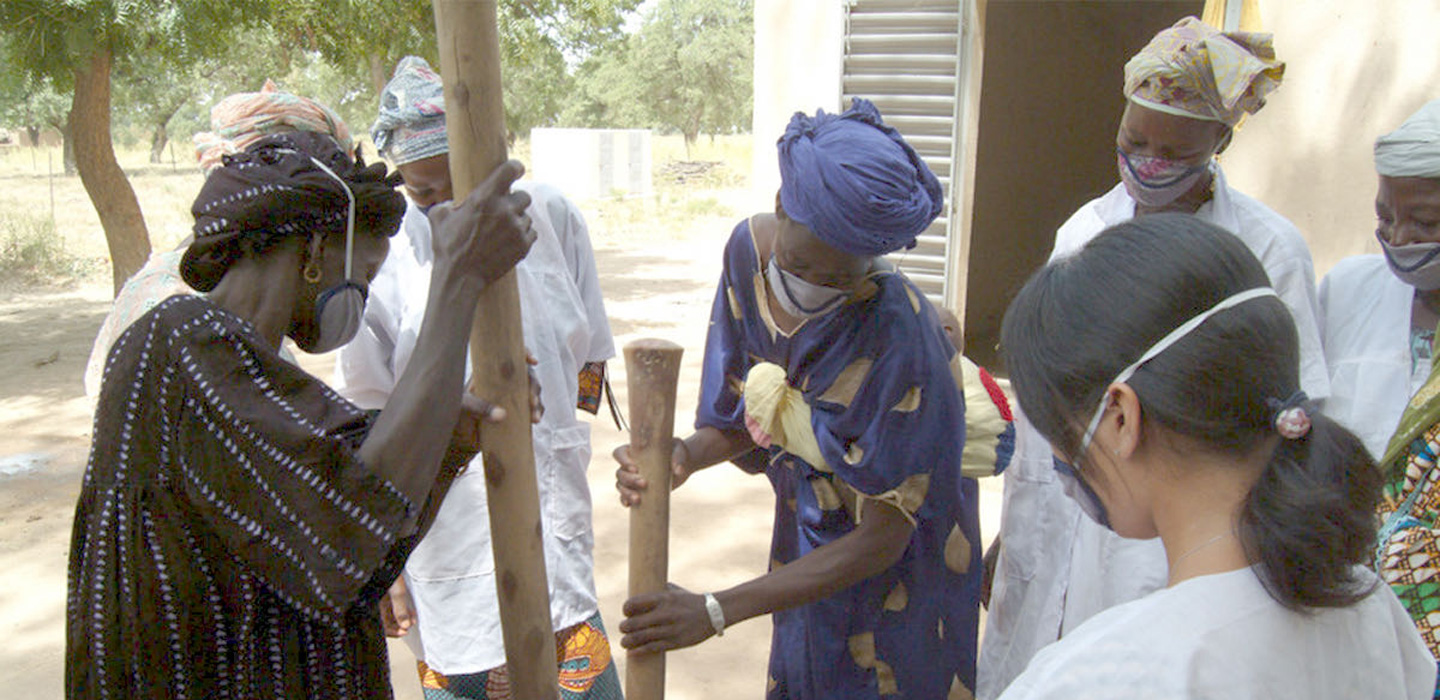
We begin this month’s programme with a conversation with IFAD's Associate Vice President Marie Haga about how vital it is for governments to invest in rural communities in developing countries, even during COVID-19.
We also talk to coffee giant Lavazza about how coffee-growing communities are fighting the pandemic. And we’ve got news on building back better – we speak with the World Agroforestry Centre about fighting land degradation in Africa.
We also have the next episode in our Meet the Experts mini-series and another adventure with our Recipes for Change Chef Carlo Cracco, this time in Cambodia. We’ll also introduce you to the newest member of our Recipes for Change team – Mariah Gladstone, an indigenous chef from the United States – and hear all about her group called IndigiKitchen.
Episode Contents
- IFAD’s Marie Haga on helping small-scale farmers during COVID-19
- Meet the Experts: Tom Anyonge
- Ana Maria Paez Valencia on tackling land degradation in East Africa and the Sahel
- Recipes For Change: Chef Mariah Gladstone
- A Lavazza coffee break with Mario Cerutti
- Recipes for Change: Carlo Cracco, Part Two
IFAD’s Marie Haga on helping small-scale farmers during COVID-19
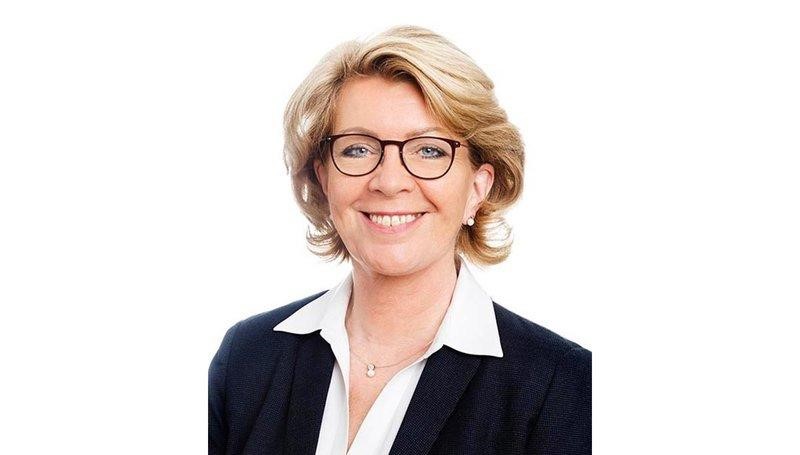 |
| Marie Haga, IFAD’s Associate Vice-President |
The coronavirus pandemic is a global emergency affecting all countries, each of which requires immediate and sustained international action.
The virus itself is of course taking a serious toll on human lives and national economies across the globe, and mitigating these effects is rightly uppermost in our minds. Yet we are also gravely concerned about the underlying problems this emergency has exposed. Those most at risk for severe consequences include older people, poor households, the undernourished, and those who live in remote rural areas without access to services or help.
These underlying problems heighten the risks of the current pandemic and cannot be neglected.
Marie Haga is Associate Vice President with IFAD. We spoke with her about the changes IFAD is making to its projects to help small-scale farmers in developing countries cope with the COVID-19 crisis.
Meet the Experts: Tom Anyonge
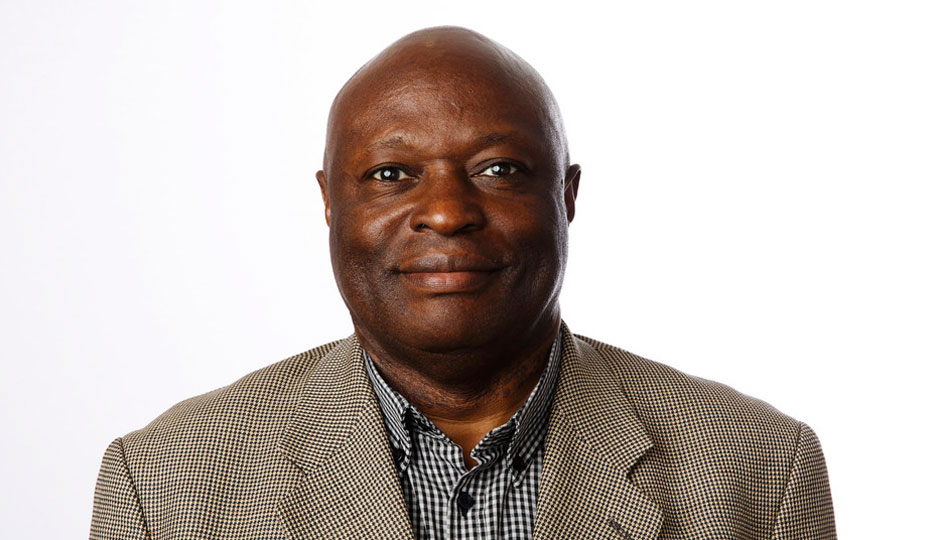 |
|
Tom Anyonge, Lead Technical Specialist for Youth, Rural Development and Institutions |
In this month’s programme, we continue our Meet the Experts mini-series – a chance to get to know some of IFAD’s top specialists. In this installment, we speak with Tom Anyonge, our lead technical specialist on youth and rural development, to learn a little bit about what he’s working on.
Ana Maria Paez Valencia on tackling land degradation in East Africa and the Sahel
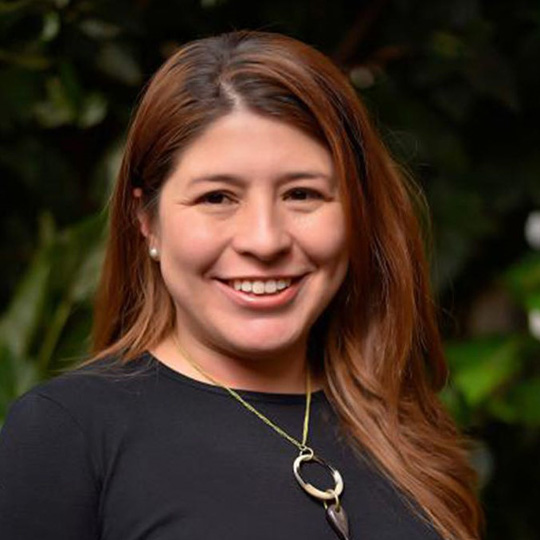 |
|
Ana Maria Paez Valencia, social scientist at the World Agroforestry Centre (ICRAF) |
Land degradation poses a dangerous threat to rural populations in East Africa and the Sahel. It has numerous causes, including deforestation, water erosion, and overly invasive practices such as overgrazing.
It also has multiple side effects – desertification and mass migration, to name just two – all of which threaten food security, nutrition and the very livelihoods of local communities. In sub-Saharan Africa, 60 million people are at risk of being displaced due to land degradation by 2050.
IFAD works with the World Agroforestry Centre (also known as ICRAF) to promote the restoration of lands in Ethiopia, Kenya, Mali and Niger. For ICRAF, the familiar slogan “building back better” has taken on a new meaning: earlier this year, the finalization of one of their projects revealed important findings that can guide we should tackle this issue in years to come.
Our reporter Julia Guimarães spoke to project representatives in Kenya about their recent findings and their other local activities.
Recipes For Change: Chef Mariah Gladstone
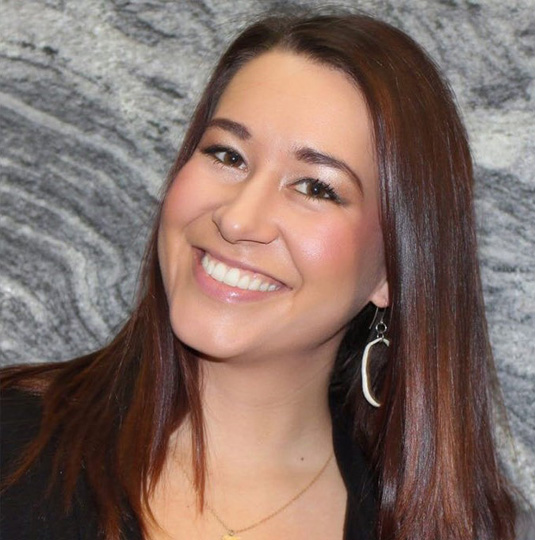 |
| Mariah Gladstone, chef and founder of Indigikitchen |
Earlier this summer, we welcomed three North American indigenous chefs to our Recipes for Change campaign. Chefs Sean Sherman, Jondo Lopez Carrillo, and Mariah Gladstone each promote Native American culinary heritage and ingredients through their delicious food.
Chef Mariah joined us for this month’s programme. She’s the founder of Indigikitchen, an online platform that showcases and promotes indigenous recipes and ingredients. In her conversation with our reporter Julia Guimarães, she went a bit more in-depth about Indigikitchen’s mission and goals.
You can check out Mariah’s profile on our Recipes for Change Page – and don’t miss her butternut squash lasagna recipe.
Thank you to Mariah – and welcome on board to all our new chefs working with IFAD’s Recipes for Change!
A Lavazza coffee break with Mario Cerutti
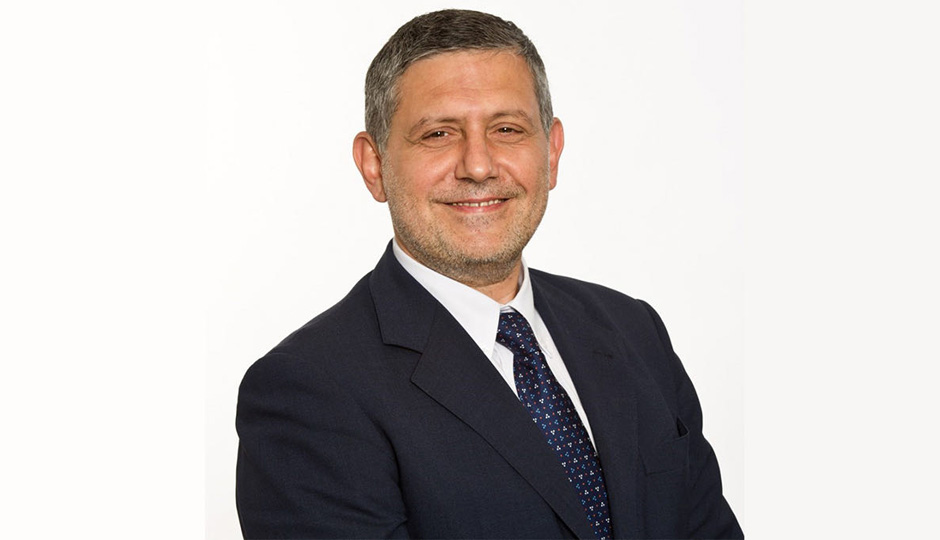 |
|
Mario Cerutti, Secretary and Chief Sustainability Officer, Lavazza Foundation |
Now it’s time for a little coffee break – and it’s also time to talk coffee. Luigi Lavazza opened the first Lavazza store in 1895. Just over a hundred years later, Lavazza set up a foundation to support coffee-producing communities around the world.
Today, the Lavazza Foundation is active in 17 countries across three continents, with 24 active projects that reach just under 100,000 coffee producers. It works in partnership with public and private bodies, international organizations and NGOs to support development projects that are economically, socially and environmentally sustainable – and that achieve meaningful results.
According to Mario Cerutti, the foundation’s secretary and chief sustainability officer, it is only through teamwork that the living conditions in coffee-producing communities can be improved. We spoke with Mario from his office in Turin, Italy, about the effects of the COVID-19 pandemic on the coffee growers – and what’s being done to help them.
Recipes for Change: Carlo Cracco, Part Two
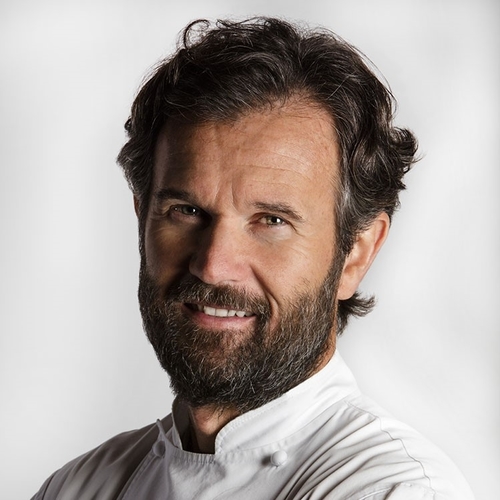 |
|
Chef Carlo Cracco |
IFAD’s Recipes for Change series takes top chefs to visit IFAD-supported projects and cook with the locals. Together, they look at some of the impacts of climate change on crucial crops and ingredients – and they explore some of the solutions put in place with IFAD’s support so that farmers can build that all-important resilience.
In this second of three installments, our reporter Sam Cole spoke with Chef Carlo Cracco outside of Cambodia’s capital Phnom Penh.
Due to the effects of climate change, this area often experiences extreme weather events such as flooding. The rainy season is shorter and the dry seasons longer, too, leading to an increase in pests and diseases. And the combination of reduced rainfall and higher temperatures has significantly affected the production of rice.
Rice is, of course, a staple food for communities across Asia – and here in Cambodia, it’s the usual companion of samlor kako, a popular curry dish. The erratic rainfall and weather patterns Cambodia is experiencing have affected many of this dish’s ingredients, not just the rice – but with the help of IFAD-supported projects, Cambodian communities have been able to adapt.
Check out Recipes for Change’s samlor kako recipe.
Summing up
Remember: we now produce all our content in Arabic, French and Spanish too!
Thanks to our producer Francesco Manetti and everyone else who’s worked on this programme – but most of all, thanks to you for listening to this episode of Farms. Food. Future., brought to you by the International Fund for Agricultural Development.
Remember, we want to hear from you – what you think about the stories and issues we’ve discussed, and who you’d like us to be talking to – so please get in touch with our host Brian Thomson at [email protected]. Send us your voice or text messages to that address and we’ll be happy to play you out in the next show.
Also, don’t forget to subscribe to this podcast via your favorite podcast platform – and please rate us!
We’ll be back at the end of October with more news fresh from the farm – when, once again, we’ll be working to be good for you, good for the planet and good for the farmers.